
Exciting new series on “Voice, Body and Movement for Lawyers – How to connect with the jury and find Justice Through Dramatic Technique!”
Click here to find out more
How did E. Jean Carroll successfully bring a sexual assault lawsuit against Donald J. Trump when the assault occurred over twenty-five years earlier and should have been barred by the statute of limitations? Why are medical centers being sued by patients who claim to have been sexually abused by physicians decades ago? And why are record labels facing claims concerning past sexual abuse allegedly committed by artists they had signed? In light of recent, nationwide changes to the statutes of limitations for both minor and adult survivors of sexual abuse, these types of civil claims can put organizations in a difficult and uniquely vulnerable position.
This program will examine the policy behind this legislative reform, clarify the confusing patchwork of statutes of limitations now in play under these new laws, and highlight notable recent cases analyzing and interpreting these new laws.
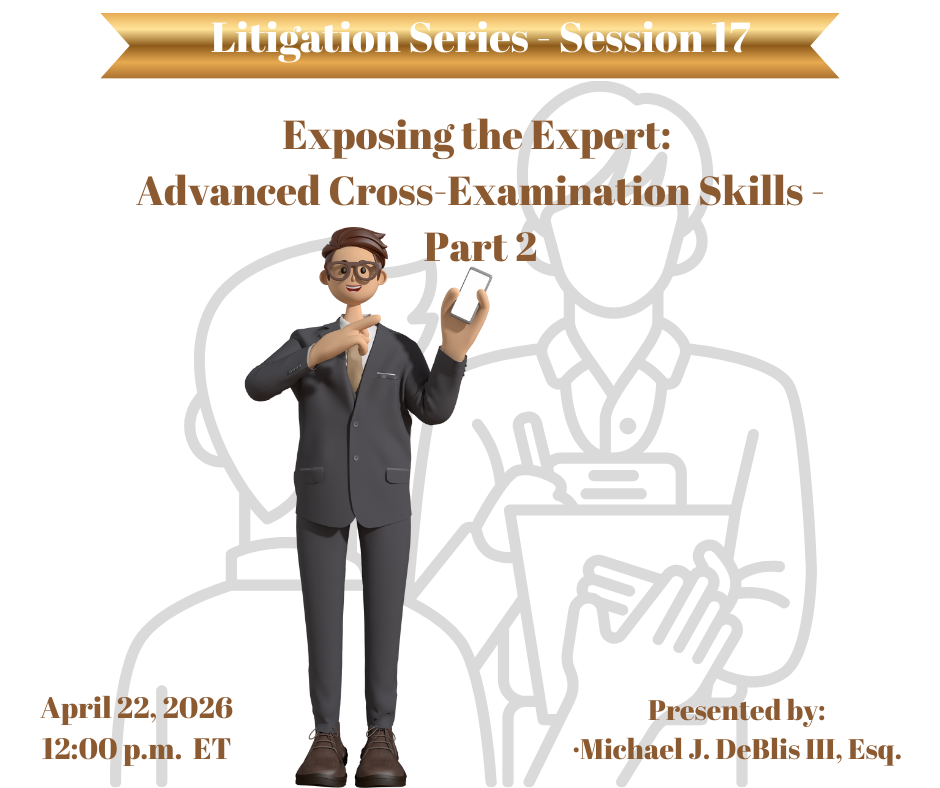
Part 2 - This program will continue the discussion from Part 1 focusing specifically on cross?examin...
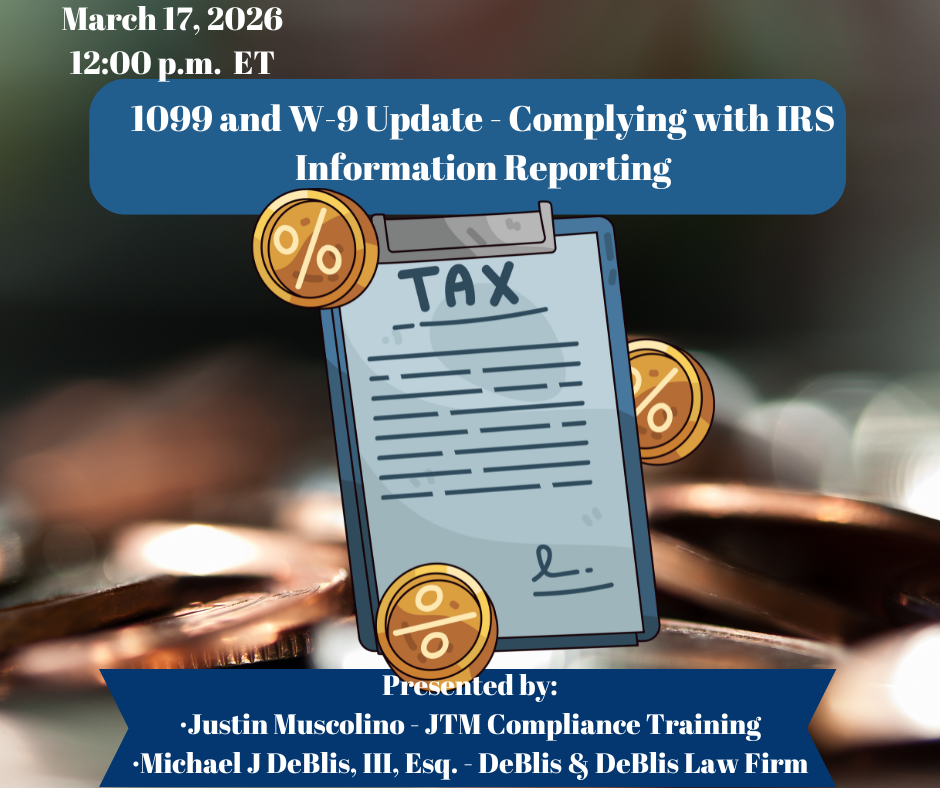
This CLE program covers the most recent changes affecting IRS information reporting, with emphasis o...
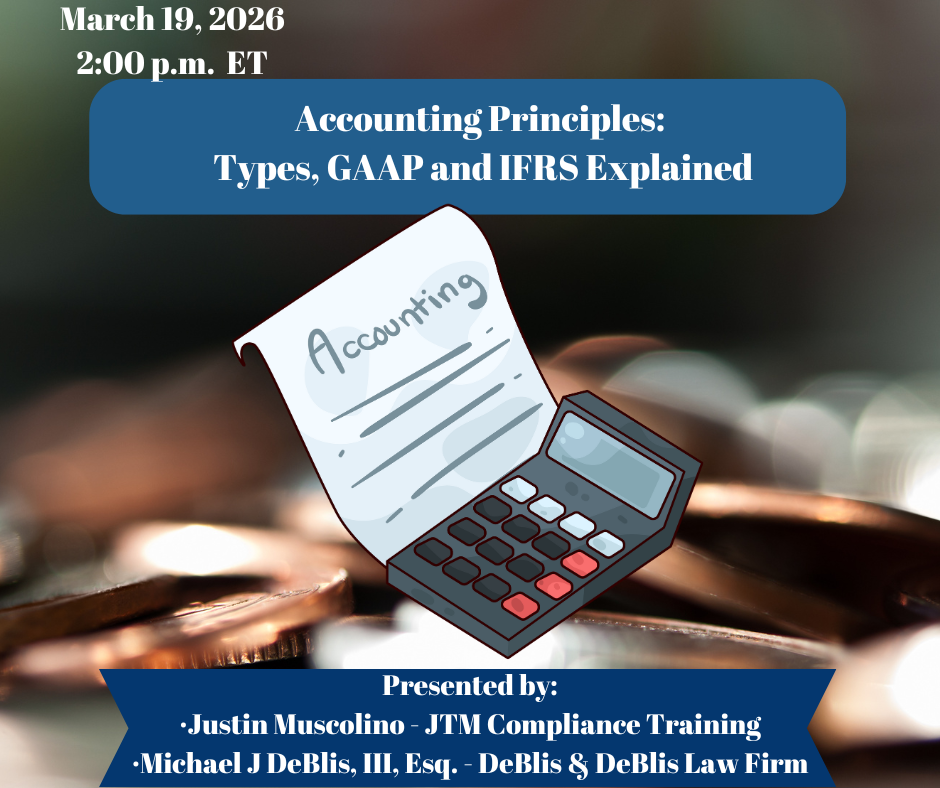
Attorneys will receive a comparative analysis of GAAP and IFRS with emphasis on cross-border legal c...
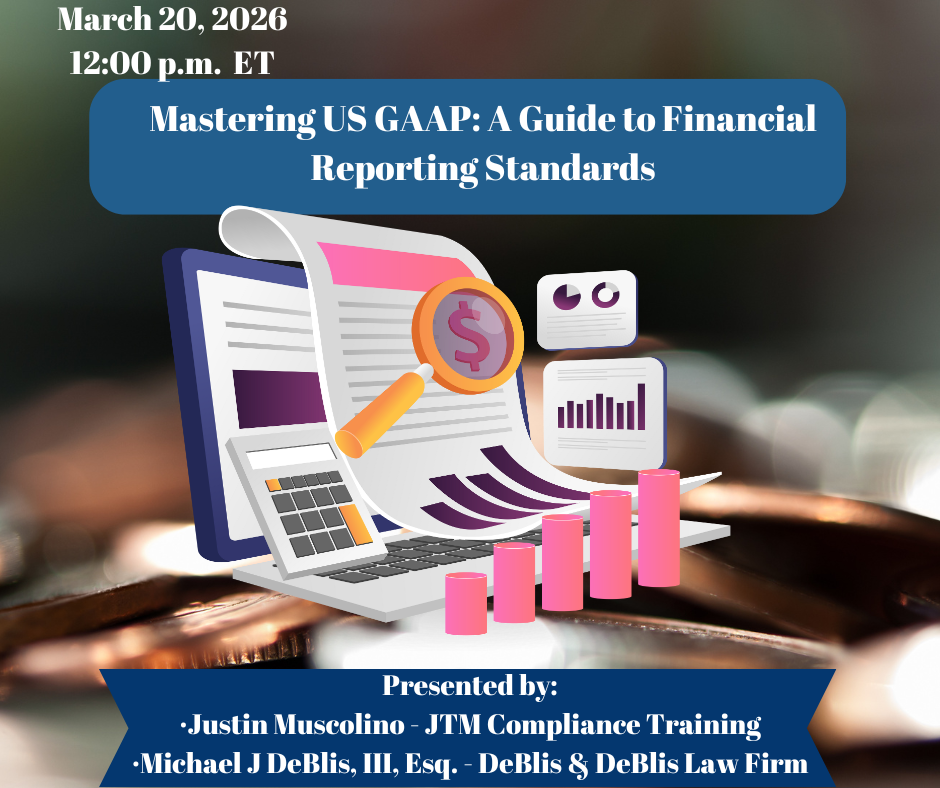
This advanced CLE dives into complex GAAP topics relevant to attorneys advising corporate, regulator...
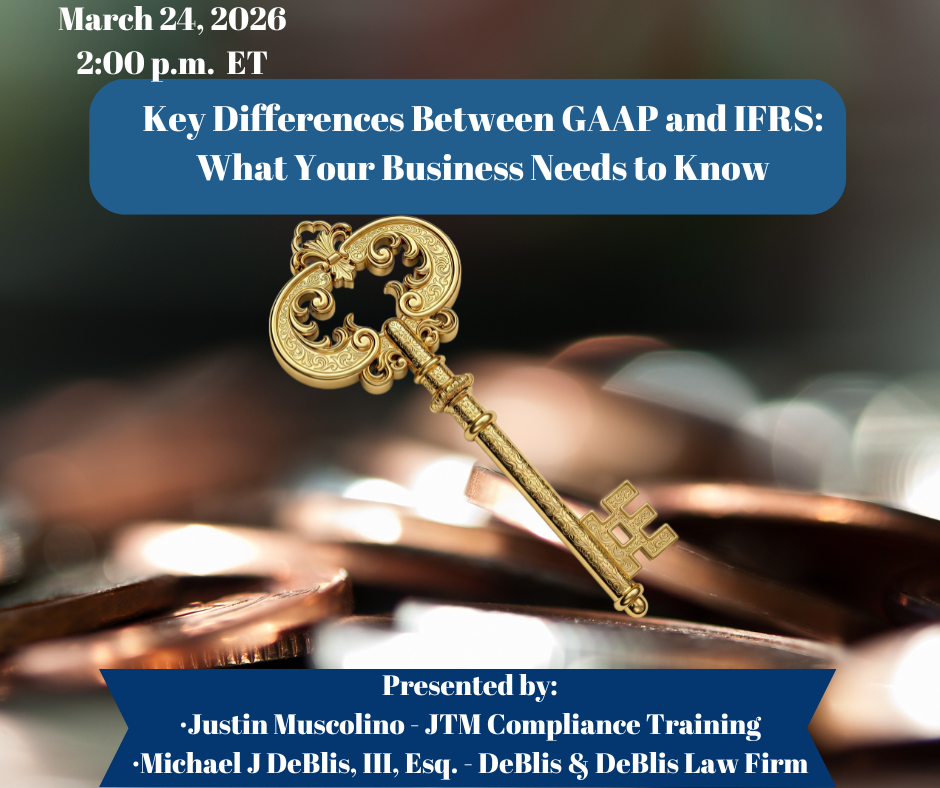
This session highlights the legal and compliance implications of divergences between GAAP and IFRS. ...
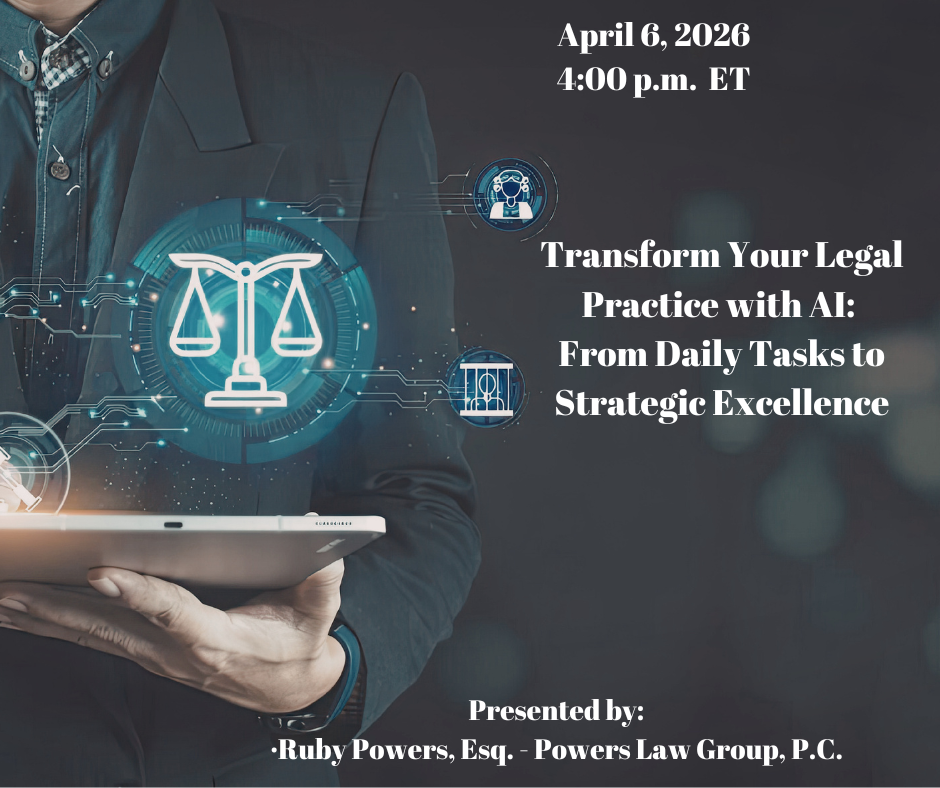
This course provides a strategic roadmap for attorneys to transition from administrative burnout to ...
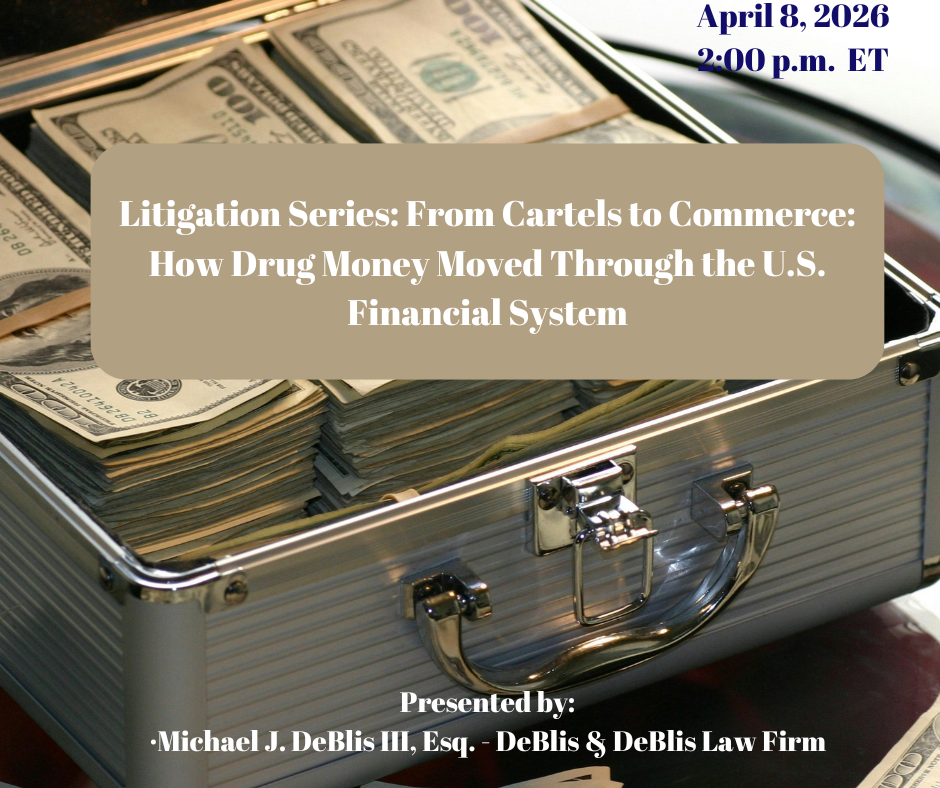
This program provides a detailed examination of the Black Market Peso Exchange (BMPE), one of the mo...
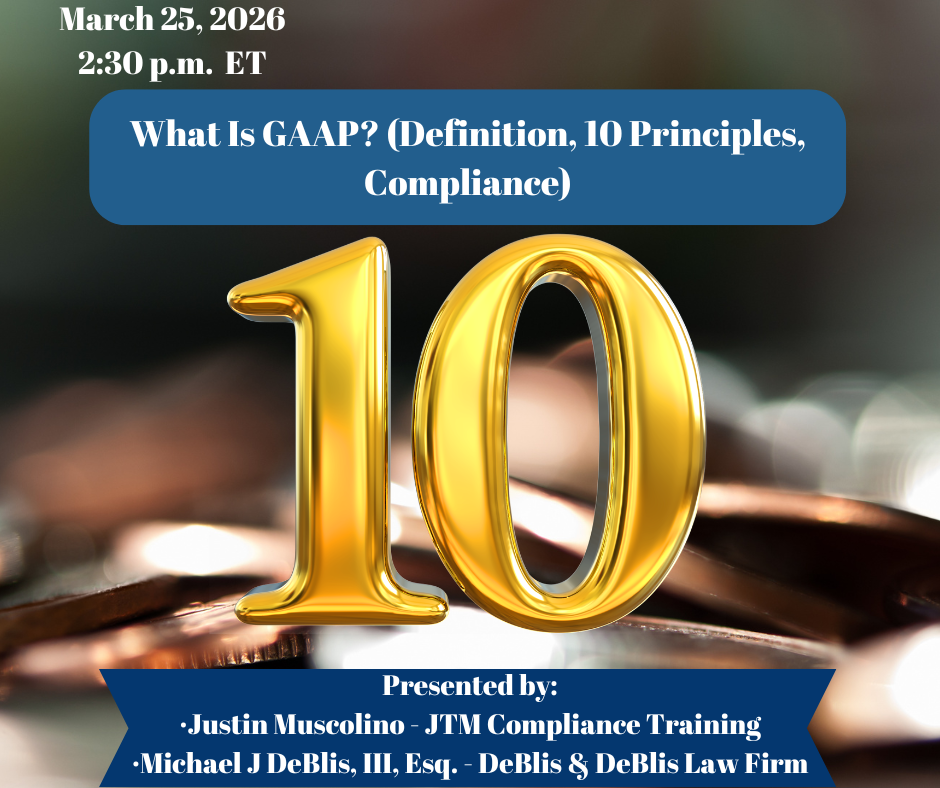
This course breaks down GAAP’s ten foundational principles and explores their compliance impli...
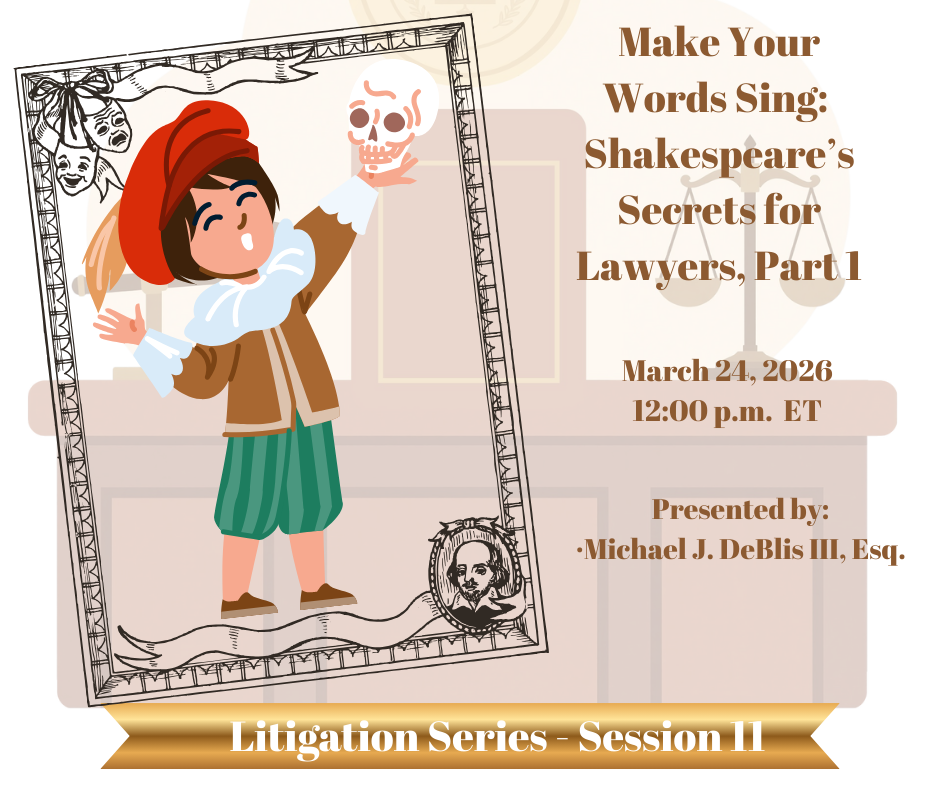
This Shakespeare?inspired program illustrates how Shakespearean technique can enrich courtroom advoc...
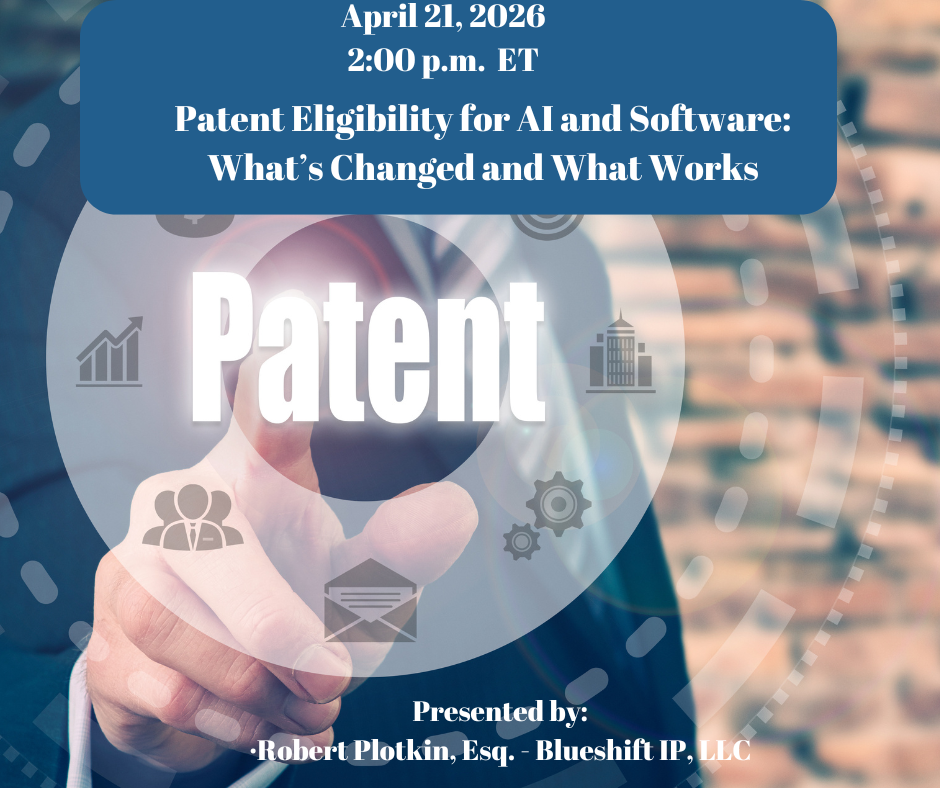
This program examines critical 2025-2026 developments in patent eligibility for software and AI inve...